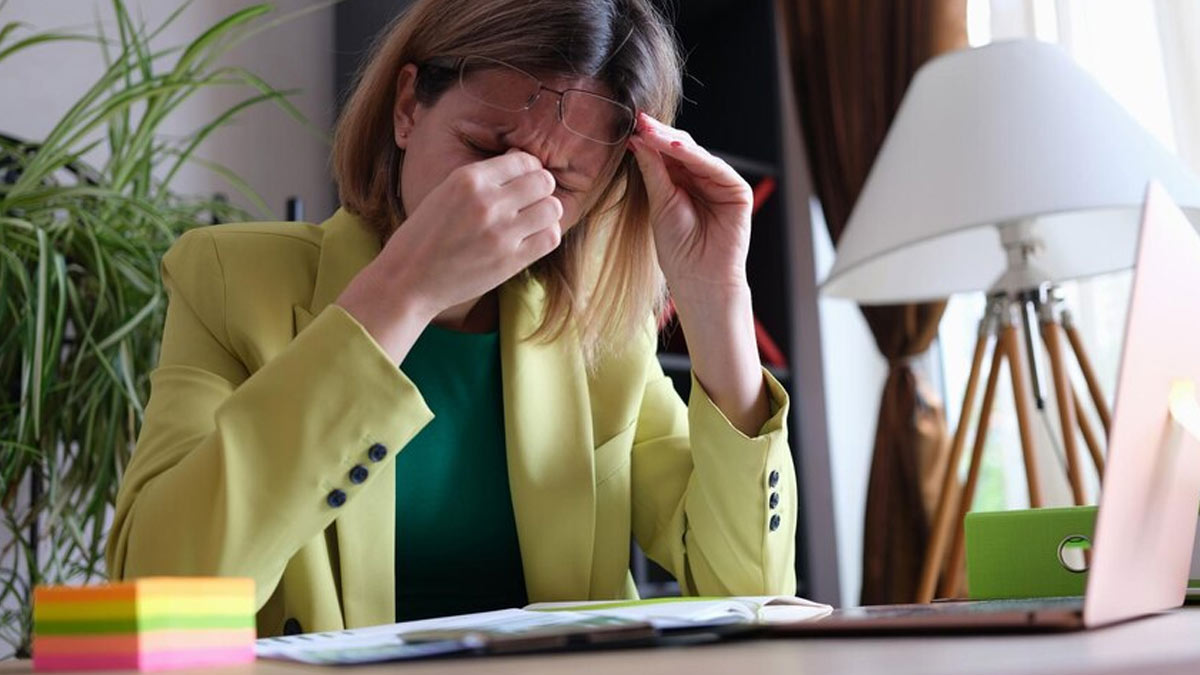
Sleep is one of the essential components for a healthy life. While you may associate poor sleep only with mood and energy levels, it is substantially linked to other parts and functions of the body including eyes. When you don’t get enough restful sleep, your eyes may suffer.
Ideally, an adult should sleep for at least five to eight hours which may vary from person to person. According to the American Academy of Sleep Medicine, our eyes heal during sleep hours. This is why your eyes look red, swollen, dry, itchy and irritated when you don’t get enough sleep. Our eyes are at work for most part of the day and so, they need necessary rest to heal themselves.
Tear production is an important process that helps eyes stay hydrated. Poor or less production of tears can cause dry eyes and eye infections. Besides, you may also experience an array of other eye issues like blurred vision, twitching eyes, light sensitivity, to name but a few. According to a study published in the journal ‘Sleep’, professional drivers with 20+ hours of sleep deprivation experience problems in processing visual information and make critical errors as compared to those who take adequate sleep.
The American Academy of Sleep Medicine also quotes that prolonged poor sleep or not getting proper restful sleep increases the risk of glaucoma.

Sleep hygiene and eye health
Sleep hygiene is extremely important for eye health. By making some simple modifications in your lifestyle, you can protect your eyes and prevent vision-related issues. One of the worst habits is using smartphones and smart devices before bedtime. Blue light over-stimulates the eyes and hampers your sleep. It is been said over and over to avoid using any kind of device that emit blue light at least 30 minutes to two hours before going to bed. This reduces strain on your eyes and prepare them to go into the rest mode.
Important Instructions

- Remove contact lenses- If you wear lenses, you must remove them before going to sleep as they may cause infection over time.
- Exercise before bedtime- Being physically active can help you fall asleep faster. You must also do eye yoga or eye exercises to stimulate them and prepare for rest.
- Set a sleep schedule- Just like how we used to make a time-table in schools, make a schedule for yourself and follow that. Once you get disciplined, your sleep-wake cycle will be established which would make you feel sleepy at the right time.
- Keep low night lighting- Some people have this habit of sleeping with some light on. If you are also one of them, make sure to use a warm and low lighting that doesn’t disrupt your sleep and eyes.
- Sleeping mask- Your eyes overwork themselves during the day and so, they need pampering at night. Use a sleeping mask or put sliced cucumber to cool them down. This small practice can soothe your eyes.
Getting restful sleep of five to eight hours is essential for your eyes. They must be given the needful rest to be able to function better.
Image credits- freepik
Also watch this video
How we keep this article up to date:
We work with experts and keep a close eye on the latest in health and wellness. Whenever there is a new research or helpful information, we update our articles with accurate and useful advice.
Current Version